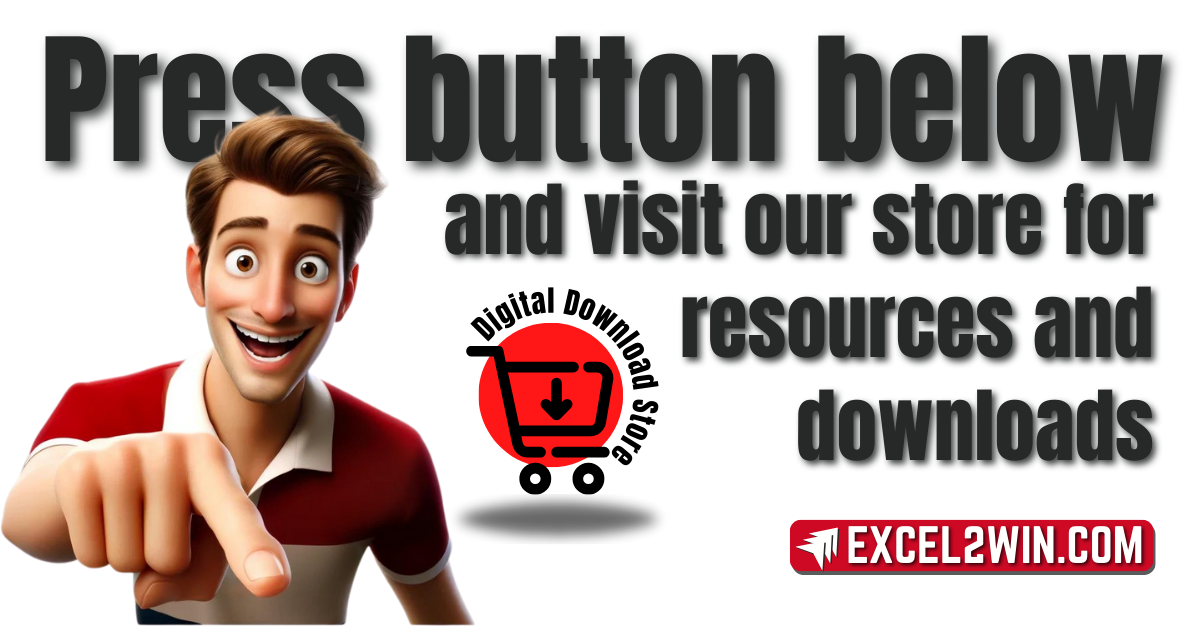The Courage to Start Over: Why Stopping is Sometimes the Best Way Forward
At some point in your career, you might ask, "Is it time to stop what I'm doing and start over?" This can be a daunting question, especially for professionals looking to advance in their careers. Starting over feels like admitting defeat or undoing hard-earned progress. Still, sometimes, it's the boldest, wisest decision you can make. Recognizing when things aren't going your way and having the courage to hit reset is a hallmark of effective leadership and personal growth. But how do you know when it's time?
Recognizing the Signs That It's Not Working
In any job or career path, obstacles are inevitable. However, find yourself in constant frustration, exhaustion, or discontent. These feelings may be signals that something deeper is wrong. A few signs things may not be going your way include:
Consistent Lack of Progress: Are you working long hours without seeing results? When nothing changes, no matter how hard you work, it could mean your current path is no longer aligned with your goals.
Loss of Passion: If your work no longer excites or energizes you and instead feels like a chore, consider a change.
Constant Stress and Overwhelm: Every career has stress, but when it becomes chronic and feels unmanageable, it could be a sign that your current direction isn't sustainable.
Repeated Failure with the Same Approach: It's often said that the definition of insanity is doing the same thing repeatedly, expecting different results. If you've tried multiple strategies but nothing seems to stick, it's a sign you may need a fresh approach.
The 3Rs: How to Regroup, Reflect, and Reorganize
Stopping and starting over doesn't mean throwing everything away. It's about making intentional changes to get back on track. This process can be broken down into three key steps: regroup, reflect, and reorganize.
Regroup: Pause for a moment to catch your breath. When things feel chaotic or off-course, taking a break to refocus can prevent burnout. Use this time to detach from the immediate stress of the situation. Whether it's a vacation, a weekend retreat, or even an hour of quiet time, stepping back helps you gain perspective.
Reflect: Once you've regrouped, think deeply about what's working and what's not. Are you in the right industry, or do you need to pivot? Have your personal values shifted, causing a misalignment with your current role? Honest reflection can uncover the root of the problem. Journaling or talking with a trusted mentor can be incredibly helpful in this stage.
Reorganize: After you've reflected on where you stand, it's time to reorganize your approach. This might involve setting new goals, learning new skills, or shifting focus. The key here is to move forward with renewed purpose and direction. Reorganizing is about being strategic with your changes so you can restart your career with clarity.
When Pride and Ego Get in the Way
One of the biggest obstacles to knowing when to start over is our pride and ego. As emerging leaders, we often need to maintain an image of success, and admitting that something isn't working can feel like failure. But here's the truth: clinging to a sinking ship out of pride is much more damaging in the long run.
Recognizing when pride and ego are clouding your judgment is essential. Here are some signs to watch out for:
Refusal to Ask for Help: If you're struggling but hesitate to seek guidance from others, it might be because your ego stops you from admitting you need help.
Ignoring Feedback: Do you dismiss constructive criticism because it stings your pride? If so, you might be prioritizing your ego over your growth.
Fear of Failure: Is fearing what others will think keeping you stuck? Letting pride dictate your actions often results in staying in situations that no longer serve you to avoid the appearance of failure.
Self-Assessment Strategies: How to Know It's Time
Objectively assessing yourself can be challenging, but it's crucial for deciding to start over. Here are some strategies for effective self-assessment:
Obtain Input from Reliable Sources: Consider seeking advice from mentors, peers, or managers who genuinely care about your well-being. They can offer valuable perspectives that help you see things differently.
Conduct a SWOT Analysis: List your strengths, weaknesses, opportunities, and threats. This can help you take stock of where you are and identify areas that need adjustment.
Check Your Goals: Look back at the goals you set for yourself a year or two ago. Are you on track? If not, is it because the goals have changed or because you've veered off course? If you feel disconnected from those goals, it might be time to redefine your path.
Embrace the Power of Starting Over
Starting over doesn't mean giving up—it means recalibrating your approach to find success. Many great leaders have had to stop and restart their careers, businesses, or strategies to achieve greatness. Your ability to assess, regroup, and reinvent yourself will set you apart as a leader capable of overcoming challenges and embracing growth.
It's important to remember that your career is a journey, not a straight line. If you've reached a point where something's not working, recognize it, address it, and make the necessary changes with courage. The most successful professionals are those who know when to let go and start fresh.
Are you ready to take control of your career and unlock your full leadership potential? Don't let setbacks hold you back. Subscribe to the EXCEL2WIN Leadership Newsletter for more insightful articles, strategies, and tools to help you grow into the leader you're meant to be!
Pivot: The Only Move That Matters Is Your Next One
Feeling stuck in your career or unsure about your next move? "Pivot: The Only Move That Matters Is Your Next One" by Jenny Blake is your ultimate guide to mastering career transitions. In this inspiring read, Blake helps you recognize when it's time to shift gears—whether you're feeling stagnant, losing passion, or facing a constant uphill battle (sound familiar?). Much like our article, The Courage to Start Over, Blake emphasizes the importance of acknowledging when things aren't working and encourages readers to make bold, strategic pivots toward new opportunities.
With practical tools and a step-by-step process, Pivot teaches you how to "regroup, reflect, and reorganize"—mirroring the 3Rs in our article. Blake's refreshing approach shows that starting over isn't failure; it's an opportunity to recalibrate, embrace change, and create a career you love.
Ready to embrace your next big move? Grab a copy of "Pivot" today and start making intentional shifts in your career! For more leadership tips and strategies like these, subscribe to the EXCEL2WIN Leadership Newsletter—your go-to resource for leadership development and career growth.






